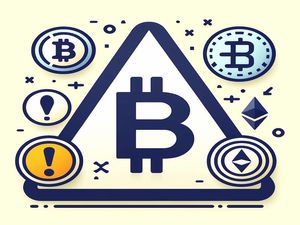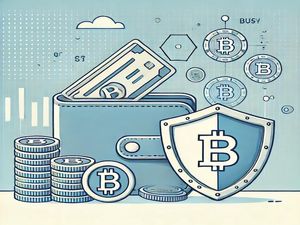What is Blockchain? #
Think of blockchain as a decentralized ledger or journal that records all transactions. Unlike a traditional ledger maintained by a single person (like a building manager), in a blockchain, multiple copies of the ledger are held by different participants across the globe.
To illustrate, imagine each resident in an apartment building keeps their own notebook to record transactions. Every time a transaction occurs (like paying a bill), all residents update their notebooks simultaneously. This decentralized approach ensures accuracy and prevents tampering.
How Blockchain Works #
Transactions are grouped into "blocks," which are linked together to form a "chain" of blocks—hence the name "blockchain."
Each new block contains a reference to the previous block, making it nearly impossible to alter one block without changing all subsequent blocks. This chain structure adds an extra layer of security.
Advantages of Blockchain #
- Redundancy: Data is stored across multiple computers, making it resilient to crashes and data loss.
- Security: Transactions are verified by network participants, reducing the risk of fraud.
- Transparency: All network participants can access the complete transaction history, fostering trust and eliminating the need for a central authority.
Real-Life Uses of Blockchain #
- Cryptocurrency: The most famous application of blockchain is cryptocurrencies like Bitcoin, which use blockchain to record transactions securely.
- Delivery Management: Blockchain can track the movement of goods from manufacturers to consumers, enhancing transparency and reducing fraud.
- Data Management: It can store and manage personal data, such as medical records, with high security and privacy.
Cryptocurrencies and Blockchain #
Cryptocurrency Basics #
Cryptocurrencies are digital currencies that operate on blockchain technology. Unlike traditional currencies managed by central banks, cryptocurrencies are decentralized and not controlled by any government.
Bitcoin, created in 2009, is the first and most well-known cryptocurrency. Other examples include Ethereum, Litecoin, and Ripple.
How Cryptocurrencies Work #
- Transactions: When sending cryptocurrency, transactions are digitally signed and verified by the network before being added to the blockchain.
- Mining: New cryptocurrency coins are created through a process called mining, where computers solve complex problems and are rewarded with new coins.
- Wallets: Cryptocurrencies are stored in digital wallets, which have public and private keys. The public key receives funds, while the private key is used to send them.
Challenges and Legal Considerations #
- Scalability: Blockchain networks like Bitcoin can handle fewer transactions per second compared to traditional payment systems like Visa.
- Energy Consumption: Mining cryptocurrencies requires significant computing power and electricity.
- Legal Status: The legality of cryptocurrencies varies by country. Some nations fully regulate them, while others restrict or ban their use.
Future of Blockchain and Cryptocurrencies #
Blockchain technology is transforming industries by offering a secure, transparent, and decentralized method of managing digital assets. Its applications extend beyond cryptocurrencies to areas like data management and logistics.
The future promises increased innovation, integration with traditional systems, and improved regulation, making blockchain a key player in the digital economy.











